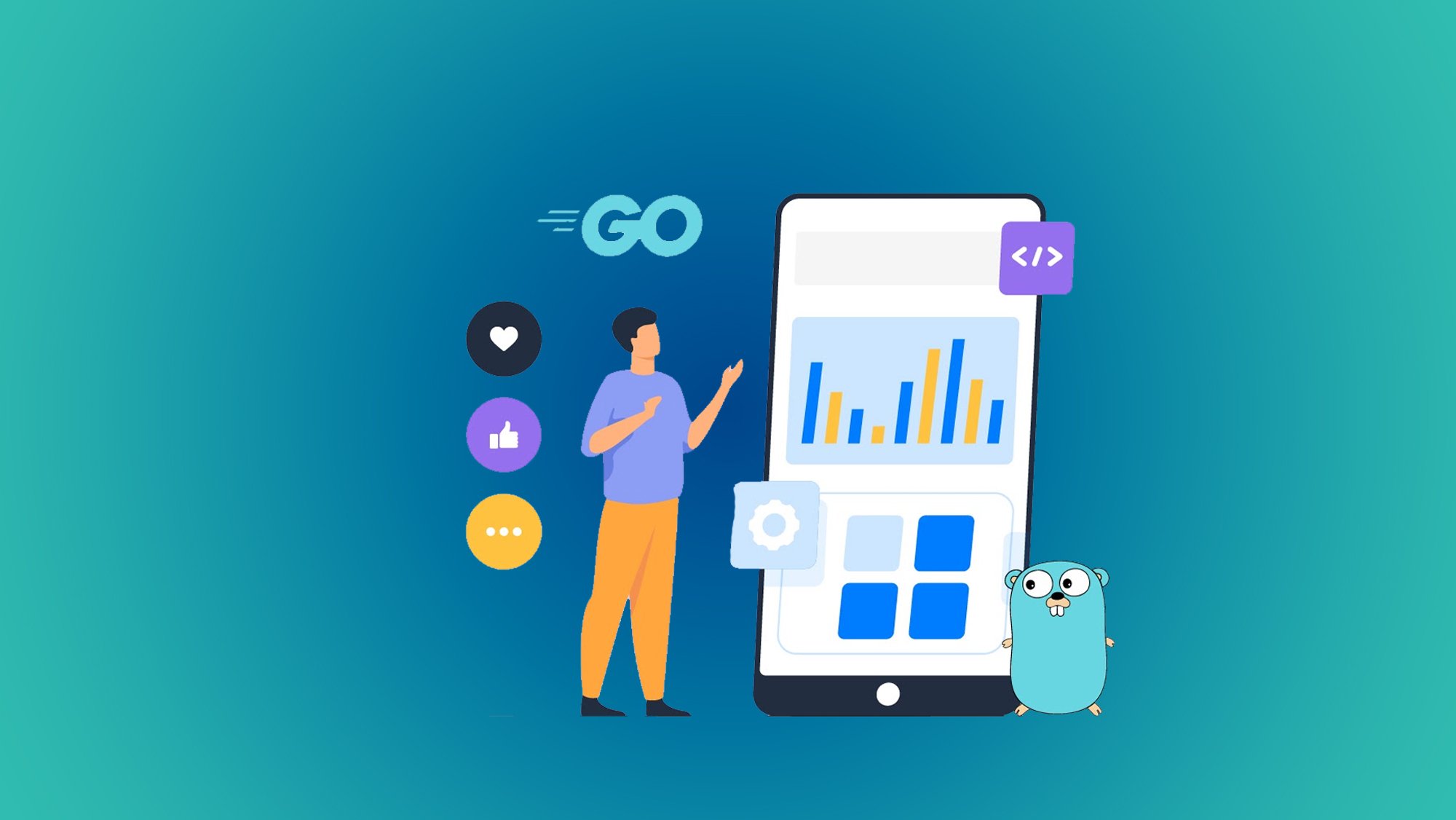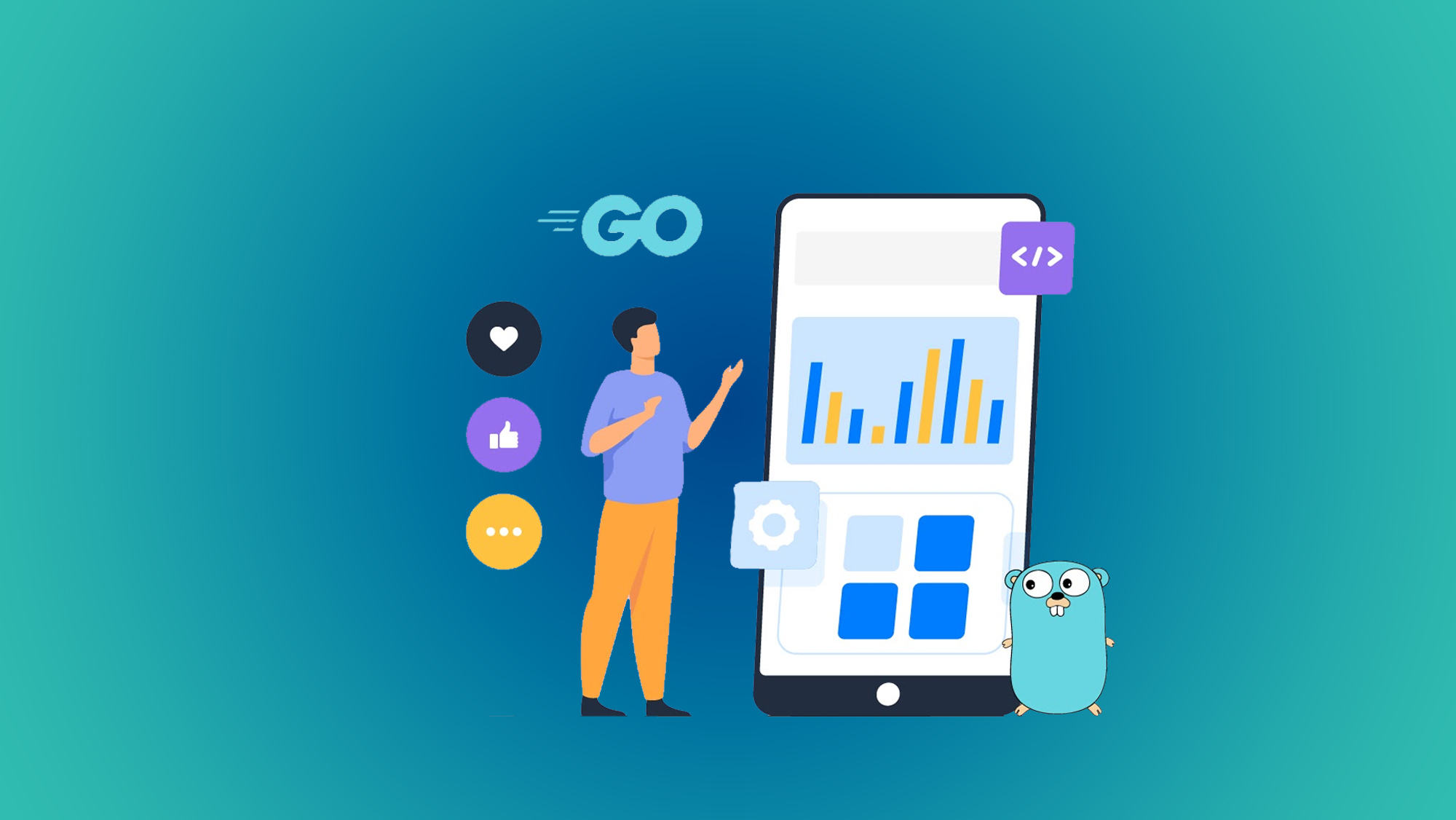What are the Key Components of Go Language Training?
- Language Syntax: Understanding the basic syntax and structure of the Go programming language, including variables, data types, control flow statements, functions, and error handling.
- Concurrency: Learning about goroutines and channels, which are the core mechanisms for achieving concurrency in Go. This involves understanding how to create and manage goroutines, communicate between them using channels, and handle synchronization and data sharing.
- Standard Library: Exploring the rich set of packages provided by the Go standard library. This includes learning how to use packages for common tasks like networking, file I/O, encoding/decoding, and concurrency patterns.
- Error Handling: Understanding the error handling mechanism in Go, which involves returning errors as values and using the built-in error interface to handle and propagate errors.
- Testing and Debugging: Learning how to write unit tests and perform debugging in Go using tools like the testing package, the go test command, and the debugger integrated with the Go development environment.
- Package Management: Familiarizing yourself with the go modules package management system for managing dependencies in Go projects. This includes understanding how to create and import modules, versioning, and resolving dependencies.
- Best Practices and Idiomatic Go: Learning the recommended coding style, conventions, and best practices that are specific to the Go programming language. This helps in writing clean, efficient, and maintainable code.
- Performance Optimization: Exploring techniques for optimizing Go code to achieve better performance, including profiling, benchmarking, and identifying bottlenecks.
- Advanced Topics: Diving deeper into advanced topics such as reflection, interfaces, concurrency patterns, web programming with frameworks like Gin or Echo, and interacting with databases using libraries like GORM or SQLx.
Who is Go Language Training for?
Go language training is suitable for programmers, developers, software engineers, system architects, backend developers, network and system administrators, open-source contributors, and students. It provides a solid foundation in Go programming, enabling learners to build efficient, concurrent, and scalable applications. Whether individuals want to enhance their existing programming skills, explore a language designed for performance and simplicity, or contribute to the Go community, Go language training equips them with the knowledge and tools needed to succeed. From professionals seeking career advancement to students aspiring to enter the software development field, Go language training offers valuable skills and opportunities for growth.
What are the Benefits of Go Language Training?
- Simplicity: Go has a simple and clean syntax, making it easier to learn and read. This simplicity leads to more readable and maintainable code, reducing the time required for development and debugging.
- Concurrency: Go provides built-in support for concurrent programming with goroutines and channels. Training in Go allows developers to understand and utilize these features effectively, enabling them to write highly concurrent and efficient programs.
- Performance: Go is designed to be fast and efficient. It compiles to machine code, resulting in high-performance executables. Go's garbage collector manages memory automatically, reducing the burden of manual memory management and optimizing memory usage.
- Scalability: Go is built with scalability in mind. Its concurrent programming model allows developers to easily handle thousands of concurrent connections and efficiently utilize multi-core processors. This makes it suitable for building scalable, high-performance systems.
- Standard Library: Go comes with a comprehensive standard library that offers a wide range of packages for common tasks. Training in Go helps developers understand and leverage this standard library, saving time and effort by utilizing pre-built functionality.
- Error Handling: Go's approach to error handling encourages explicit handling of errors, making it easier to write robust and reliable code. Go language training teaches developers the best practices for handling errors effectively.
- Community and Ecosystem: Go has a growing and active community of developers and a vibrant ecosystem. Training in Go allows developers to tap into this community, access numerous libraries and frameworks, and benefit from the collective knowledge and support available.
- Deployment and Cross-Platform Support: Go allows easy deployment of applications as standalone binaries, eliminating the need for runtime dependencies. Go also provides excellent cross-platform support, enabling developers to build applications that run seamlessly on various operating systems.
- Industry Adoption: Go has gained significant traction in the industry, with many organizations adopting it for their critical systems. Training in Go equips developers with skills that are in demand, increasing career opportunities and marketability.
Go Language Career Opportunities
- Go Developer: Companies actively seek Go developers to build efficient and scalable applications. As a Go developer, you can work on backend systems, microservices, networking applications, and distributed systems.
- Backend Developer: Go's performance and concurrency features make it an excellent choice for backend development. With Go language skills, you can pursue roles as a backend developer, working on server-side applications, APIs, and database interactions.
- Systems Engineer: Go's focus on simplicity and performance makes it suitable for system-level programming. As a systems engineer, you can work on low-level programming, performance optimization, and building systems software using Go.
- DevOps Engineer: Go's deployment capabilities and cross-platform support make it valuable for DevOps engineers. You can utilize Go to develop deployment tools, automation scripts, and infrastructure management utilities.
- Cloud Engineer: Go is widely adopted in cloud computing and can be used to develop cloud-native applications and services. As a cloud engineer, you can leverage Go to build scalable and efficient cloud-based solutions.
- Software Architect: Go's features and emphasis on scalability make it appealing for software architects designing large-scale systems. Your Go language skills can help you create high-performance architectures and select appropriate technologies for specific use cases.
- Open-Source Contributor: Go has a thriving open-source community, providing opportunities for contributions to libraries, frameworks, and tools. By contributing to the Go ecosystem, you can establish your expertise, collaborate with other developers, and enhance your visibility.
- Startup Founder: Go's simplicity and performance make it attractive for startups building innovative software solutions. As a startup founder, being proficient in Go allows you to develop high-performance applications with fewer resources, enabling faster product development.
- Freelancer/Consultant: Go's growing popularity means there is demand for freelance Go developers and consultants. Organizations seeking Go expertise may hire freelancers or consultants for specific projects or to optimize existing Go-based systems.
Conclusion:
Go language, with its focus on simplicity, efficiency, and concurrency, offers a powerful toolset for developers. Its clean syntax, robust standard library, and built-in support for concurrent programming make it an attractive choice for building scalable and high-performance applications. Go's growing adoption in the industry, vibrant community, and wide range of career opportunities make it an excellent language to learn and master. Whether it's backend development, systems engineering, or cloud computing, Go language skills open doors to exciting possibilities in the world of software development.







No Comments Yet
Let us know what you think